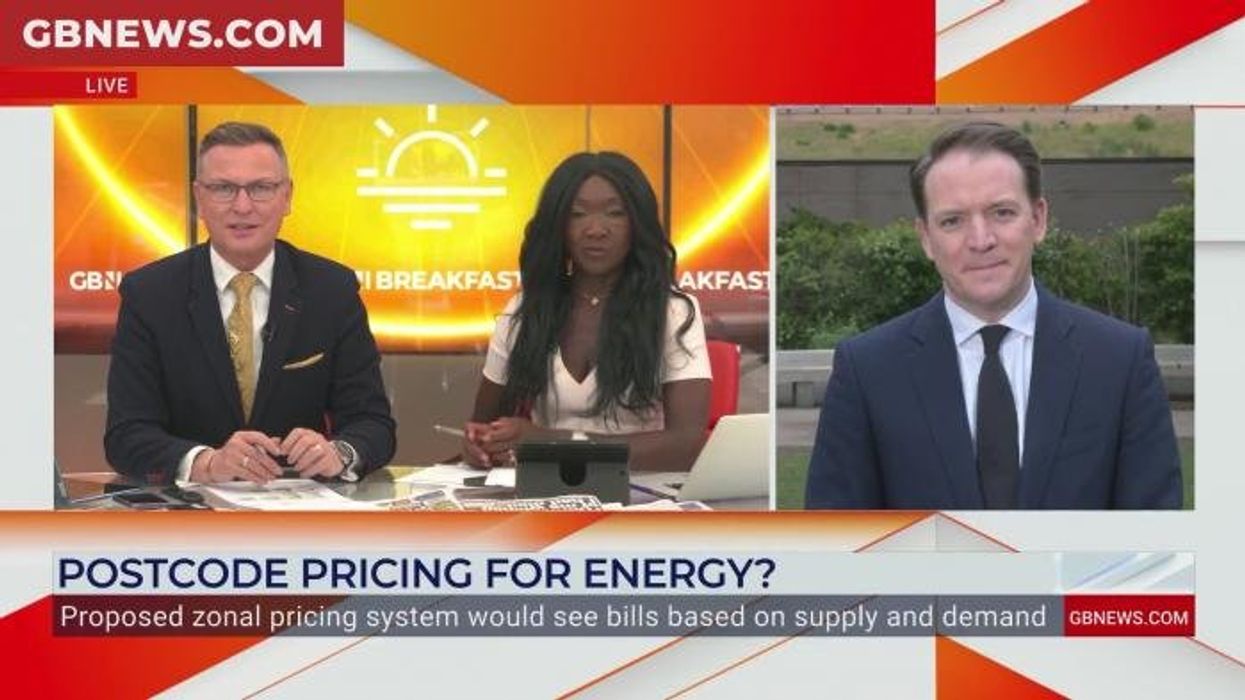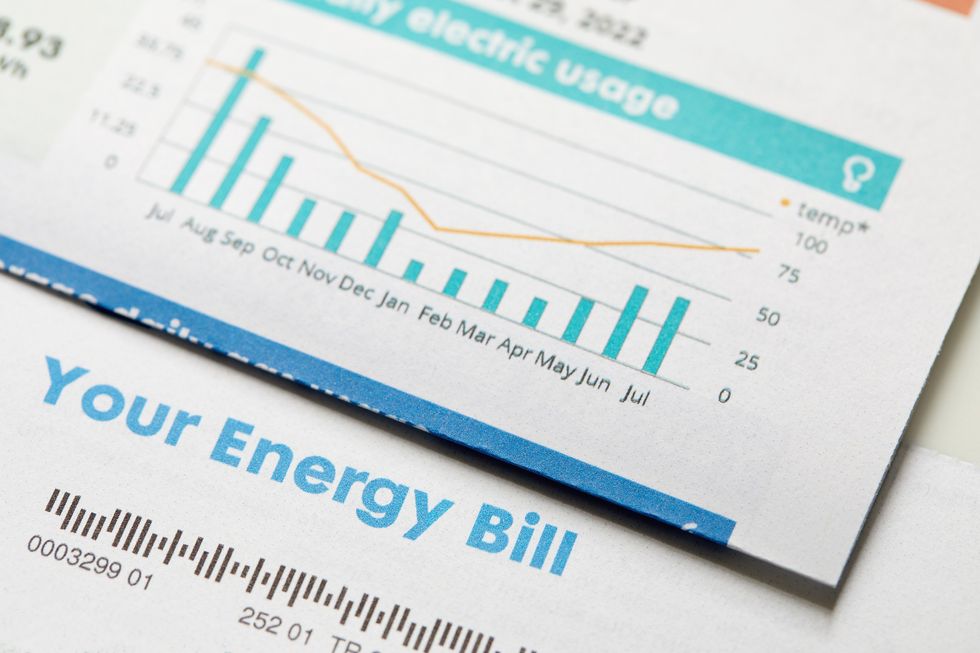Households to see lower energy bills in January as price cap forecast to fall - find out how much you could save

GBNEWS

The energy price cap rose two per cent in October
Don't Miss
Most Read
Household energy bills are expected to drop slightly in January, according to new forecasts.
Experts at Cornwall Insight have said energy regulator Ofgem’s price cap is expected to dip by one per cent when its next update takes effect.
It would result in a £22 decrease to an average bill of £1,733 a year for a typical household from January.
This modest reduction follows a period of elevated energy costs that have strained household budgets across the country.
Nevertheless, analysts at the specialist consultancy said they expect the price cap to tick higher again from April.
Craig Lowrey, principal consultant at Cornwall Insight, said: "January’s price cap dip might look like good news, but it’s only part of the picture.
"Bills are still well above pre-crisis levels and are set to climb again in April, and this time it’s not higher wholesale prices driving the rise."

Energy price cap forecast to fall in January
| GETTYThe consultancy's analysis indicates that the temporary relief in January will be short-lived, with households facing renewed pressure on their budgets from spring onwards.
The January decrease has been attributed to a modest decline in wholesale energy costs.
This reduction comes even as households face a new Nuclear Regulated Asset Base levy, designed to finance future nuclear power stations, which will add approximately £10 to annual bills.

Energy bills are set to fall but experts say bills are still well above pre-crisis levels and are set to climb again in April
| GETTYHowever, Cornwall Insight warns that any relief will be temporary, with the price cap expected to increase by roughly £75 per year for typical households from April.
The consultancy's latest projections indicate that the spring rise will stem from different factors than previous increases, marking a shift in the underlying drivers of energy costs.
The April increase will be driven primarily by rising infrastructure costs, specifically charges related to electricity transmission and gas distribution networks. Cornwall Insight explained that these operational and maintenance expenses are becoming a larger component of household bills.
The transition to renewable energy sources is also contributing to higher costs, as Mr Lowrey noted: "The shift to renewables will bring long-term stability and energy independence, but it's not free."

Ofgem raised the energy price cap in October
| GETTYHe added that "the upfront costs are real, and they're landing on bills now."
The consultant highlighted the difficulty of "balancing short-term affordability with long-term resilience, and crucially making sure people understand why that trade-off matters."
A Department for Energy Security and Net Zero spokesperson said:" We know energy bills are still too high, which is why the government is taking urgent action to support families this winter, including expanding the £150 Warm Home Discount to 2.7 million more households.
"The only way to bring down energy bills for good is with our clean energy superpower mission, which will get the UK off the rollercoaster of fossil fuel prices and onto clean, homegrown power that we control."










